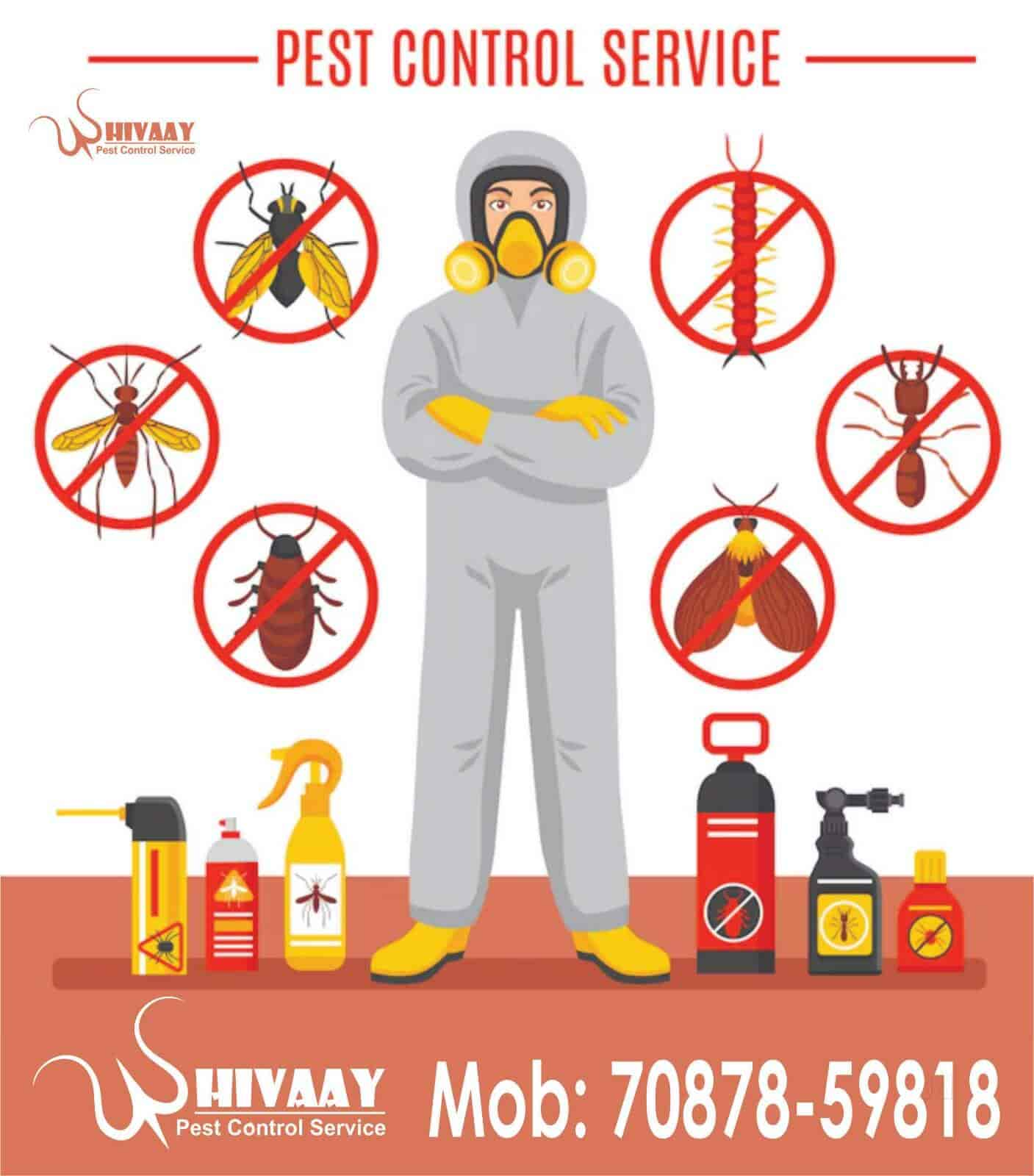Safe and Reliable Parasite Control for Lasting Protection
Effective pest monitoring calls for a diverse strategy that balances ecological stability with the requirement for effective bug reductions. The nuances of these approaches might not be promptly clear, triggering a closer examination of the techniques that can lead to lasting insect control end results.
Comprehending Insect Control Approaches
Parasite control includes a variety of approaches aimed at managing and removing unwanted insects and rats that can threaten both wellness and home. Comprehending these methods is crucial for reliable insect monitoring.
The primary classifications of parasite control approaches consist of mechanical, biological, and chemical strategies. Mechanical techniques entail physical obstacles and catches to protect against parasite entrance and capture unwanted varieties. Making use of displays on windows or utilizing sticky catches can significantly decrease bug populations without introducing unsafe substances - exterminator coquitlam.

Chemical insect control is usually the most recognized method, utilizing pesticides to eliminate pests. These chemicals can be effective but must be used with caution to avoid adverse results on non-target varieties and the setting.
Advantages of Eco-Friendly Solutions
Just how can eco-friendly solutions change parasite control methods? The fostering of environment-friendly parasite control techniques provides numerous benefits, significantly enhancing the performance and safety and security of bug administration (exterminator coquitlam). These options utilize all-natural components, reducing the dependence on harmful chemicals that can pose threats to human health and wellness and the environment. This shift not only shields households and animals but likewise reduces the possibility for dirt and water contamination.

Another advantage is the positive influence on regional biodiversity. Environmentally friendly remedies are designed to target specific bugs while maintaining valuable insects and wildlife, promoting a balanced environment. This strategy straightens with the growing customer need for lasting techniques, enhancing the online reputation of pest control companies.
Integrated Bug Administration Methods
The execution of eco-friendly options normally leads to the fostering of Integrated Parasite Monitoring (IPM) methods, which better enhance pest control efficiency. IPM is an all natural strategy that integrates several strategies to handle bug populations while reducing environmental influence. This method highlights making use of biological, social, mechanical, and chemical controls, making certain a well balanced and sustainable technique of pest administration.
One basic element of IPM is the extensive evaluation of pest activity and ecological conditions. By keeping track of pest populaces and identifying their life process, professionals can execute targeted interventions that interrupt the insect's environment or lifecycle, decreasing dependence on chemical pesticides. Additionally, cultural methods such as crop turning and habitat adjustment can considerably lessen insect facility and reproduction.
An additional important component is the usage of biological control representatives, such as valuable bugs or microorganisms, which can normally subdue insect populaces. When chemical applications are necessary, IPM prioritizes using low-risk pesticides and uses them selectively, lessening direct exposure to non-target organisms and humans.
Incorporating IPM methods not only enhances parasite control effectiveness however also advertises a safer environment, straightening with the growing demand for sustainable techniques in parasite management.
Safe Practices for House Owners
Recognizing the importance of risk-free techniques in parasite control can empower house owners to properly take care of pest issues while securing their health and the atmosphere. Applying safe methods and preventive procedures is crucial in minimizing exposure to hazardous chemicals.
Homeowners should initially analyze their setting for conditions that attract pests, such as standing food, clutter, and water waste. On a regular basis cleaning and sealing access factors can prevent insects from invading the home. Using natural deterrents, such as crucial oils or diatomaceous earth, can supply effective choices to chemical pesticides.
When chemical treatments are essential, property owners must select items that are specifically labeled as risk-free for residential use. It is necessary to comply with application guidelines meticulously to stay clear of too much exposure. Making use of targeted treatments in locations where insects are recognized, instead than blanket splashing, can significantly minimize chemical use.
Finally, keeping open communication with bug control professionals is crucial. Homeowners must make inquiries about the safety and security of items utilized and request environment-friendly options whenever possible. By taking on these safe practices, house owners can create a healthier living atmosphere while effectively managing bug concerns.

Tips for Long-Term Security
Developing a parasite management technique that highlights lasting defense can greatly improve the effectiveness of the safe methods previously gone over. To accomplish this, homeowners must apply normal examinations of their residential or commercial property, concentrating on hidden areas such as attics, basements, and crawl silverfish pest control spaces. Early detection of pest activity is essential in avoiding infestations from holding.
These practices lower attractants that draw pests right into the home. Sealing access points, such as cracks around doors and windows, can properly block potential bug accessibility.
Landscape design must additionally be considered; maintaining plants cut and preserving a distance in between vegetation and the home decreases hiding places for insects. Making use of all-natural deterrents, such as important oils or diatomaceous planet, can even more inhibit invasions without considering severe chemicals.
Last but not least, collaborating with a specialist pest control solution for routine assessments can give an extra layer of protection. These experts can supply customized recommendations and progressed therapies, guaranteeing that your home stays protected against bugs in the lengthy term.
Final Thought
In verdict, safe and trustworthy bug control calls for a multifaceted strategy that emphasizes green methods and integrated insect administration. By applying all-natural deterrents, performing routine evaluations, and preserving appropriate cleanliness, homeowner can considerably minimize parasite populations while protecting advantageous bugs and the atmosphere. Partnership with expert insect control services improves the efficiency of these methods, making sure Source customized options that supply enduring security and satisfaction against future invasions.
Efficient insect management requires a complex strategy that stabilizes environmental stability with the learn this here now requirement for effective pest reductions. The fostering of green bug control techniques provides many benefits, substantially improving the performance and safety and security of bug administration.The implementation of environmentally friendly solutions normally leads to the adoption of Integrated Pest Monitoring (IPM) methods, which even more enhance parasite control effectiveness. exterminator coquitlam. By keeping an eye on insect populaces and determining their life cycles, practitioners can apply targeted interventions that disrupt the bug's habitat or lifecycle, decreasing dependence on chemical pesticides.In verdict, trusted and risk-free parasite control needs a diverse technique that emphasizes environment-friendly methods and incorporated pest administration